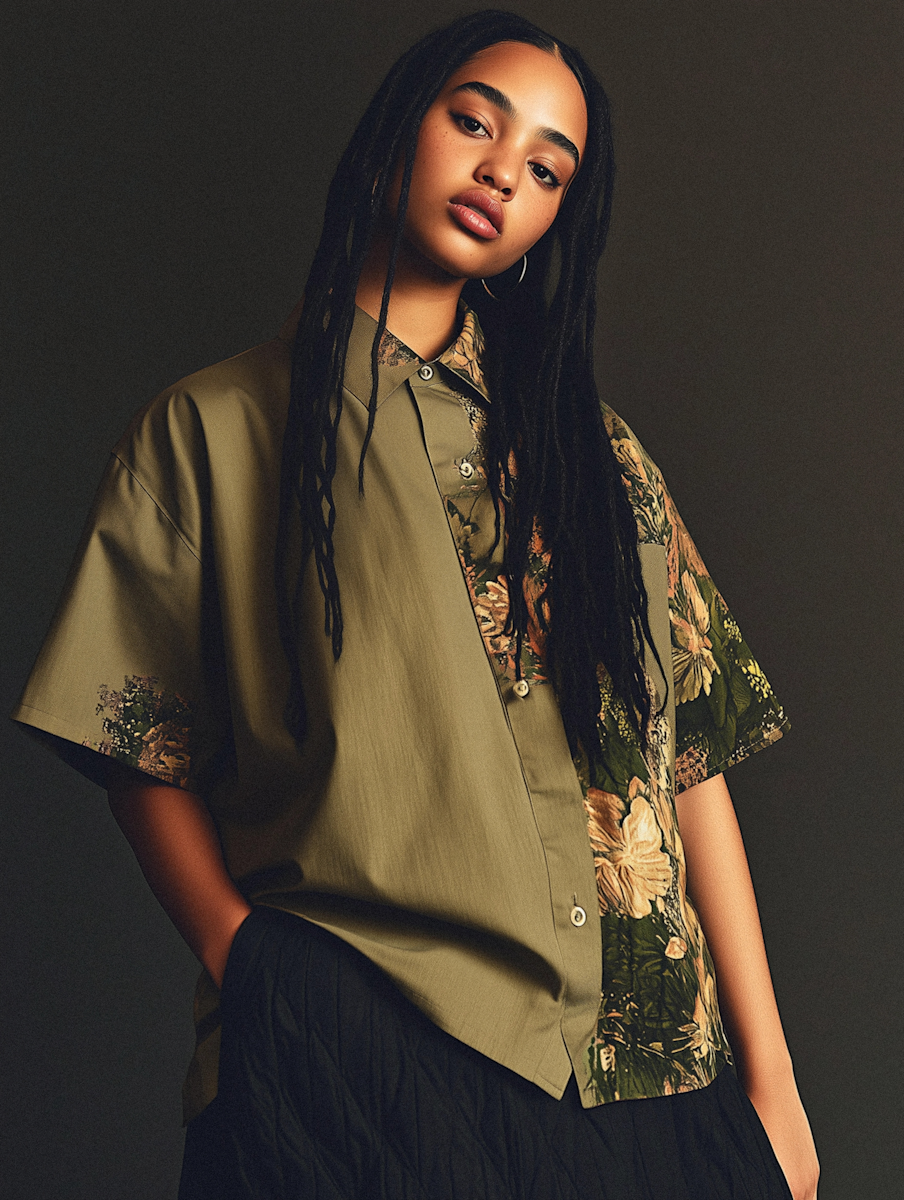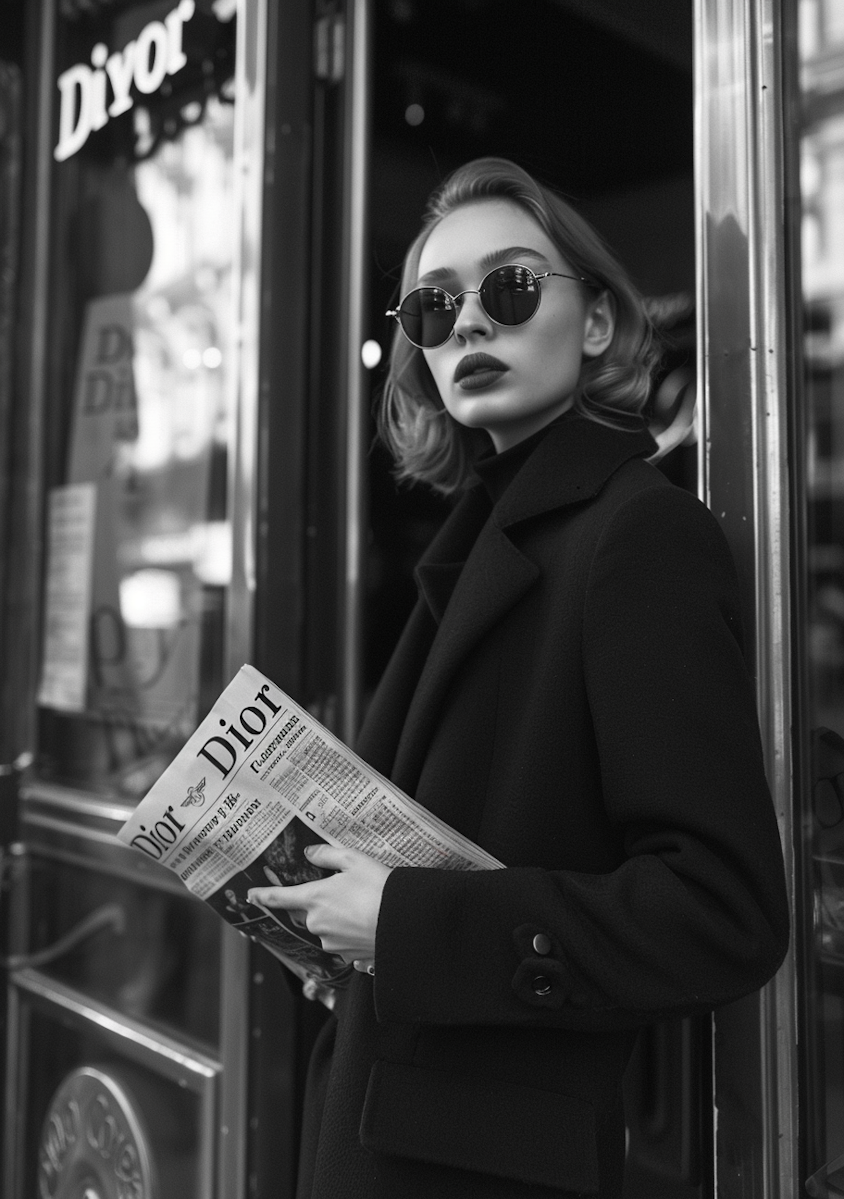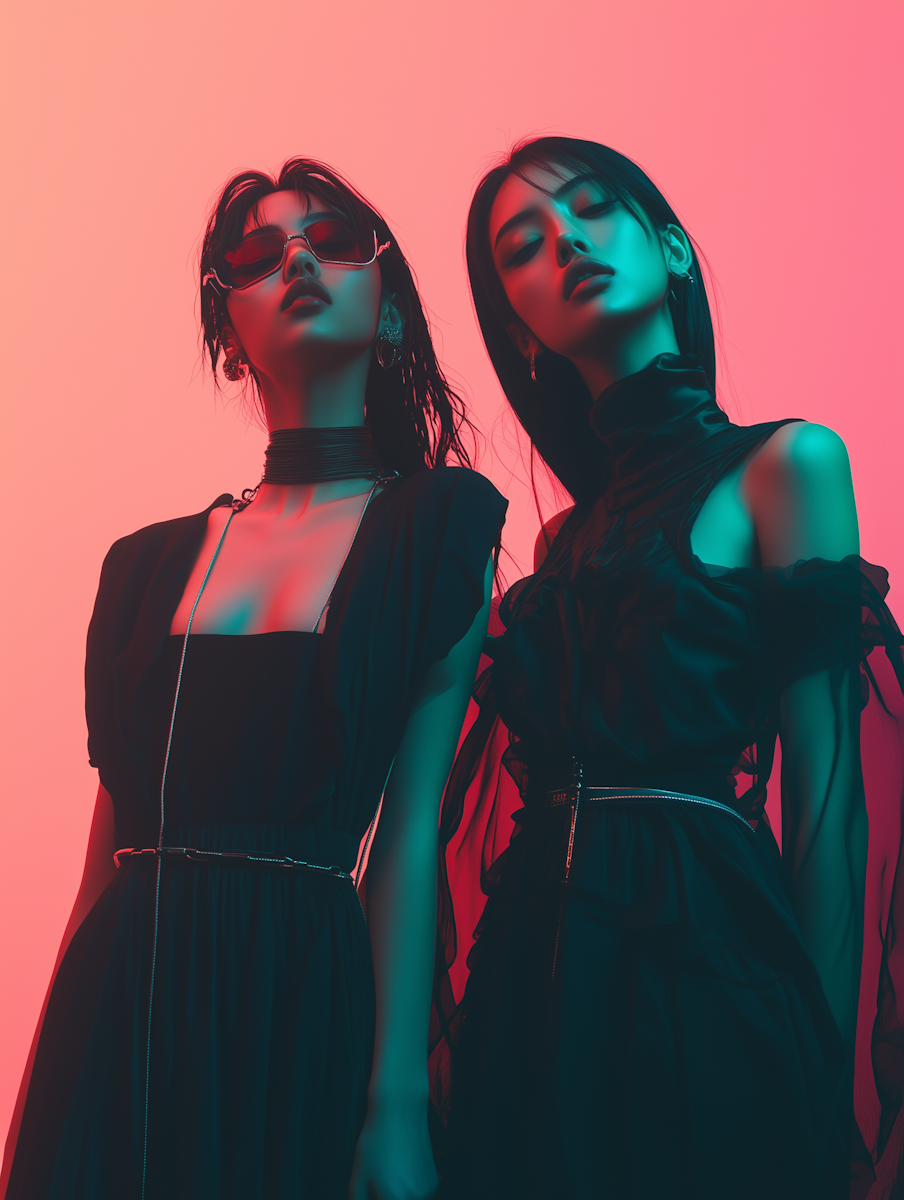Table of Contents
African Fashion Styles are more than just clothing—they are living expressions of heritage, identity, creativity, and storytelling. From vibrant textiles to intricate beadwork and symbolic patterns, traditional African fashion is rooted in centuries of culture and craftsmanship that continue to influence global fashion today.
Whether you’re exploring your heritage, planning to attend a cultural celebration, or simply inspired by the beauty of African attire, this guide takes you through some of the most iconic and meaningful African Fashion Styles across the continent.
The Rich Diversity of African Fashion Styles
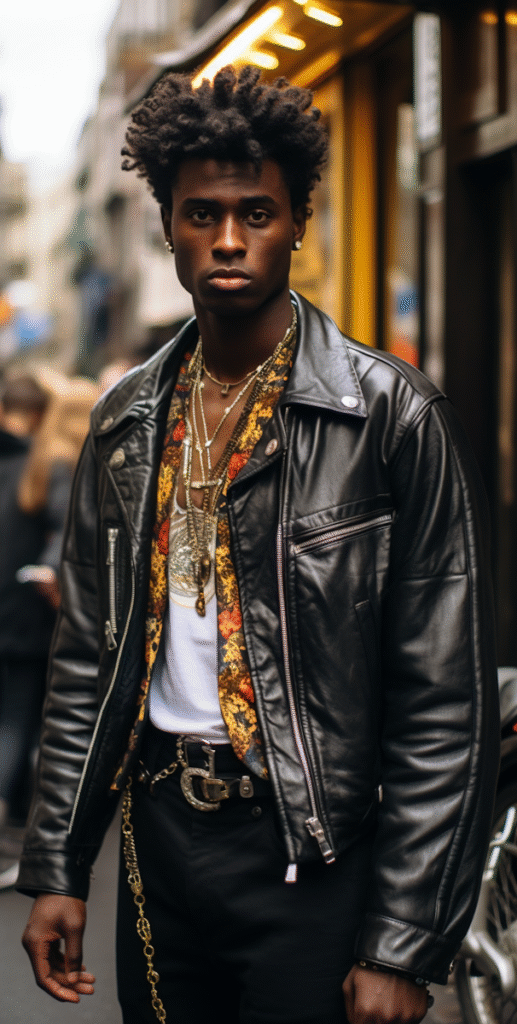
Africa is a vast and diverse continent with over 50 countries and thousands of ethnic groups—each with its unique approach to fashion. Traditional attire varies not only by region but also by occasion, age, and social status.
1. Kente Cloth (Ghana)
Originating from the Ashanti and Ewe people of Ghana, Kente cloth is one of the most recognizable African Fashion Styles. Made of brightly colored silk and cotton, Kente is handwoven and each pattern tells a story of history, proverbs, or philosophy.
2. Dashiki (West Africa)
The dashiki is a colorful garment worn by both men and women. Often worn on special occasions, this loose-fitting tunic is a symbol of African pride and resistance during the civil rights movements of the 1960s and continues to be embraced globally.
3. Ankara (West & Central Africa)
Ankara refers to printed cotton fabric with vibrant colors and bold patterns. Popular in Nigeria, Cameroon, and beyond, Ankara fabric is used for dresses, skirts, headwraps, and more. It’s versatile, stylish, and central to modern African Fashion Styles.
4. Shweshwe (South Africa)
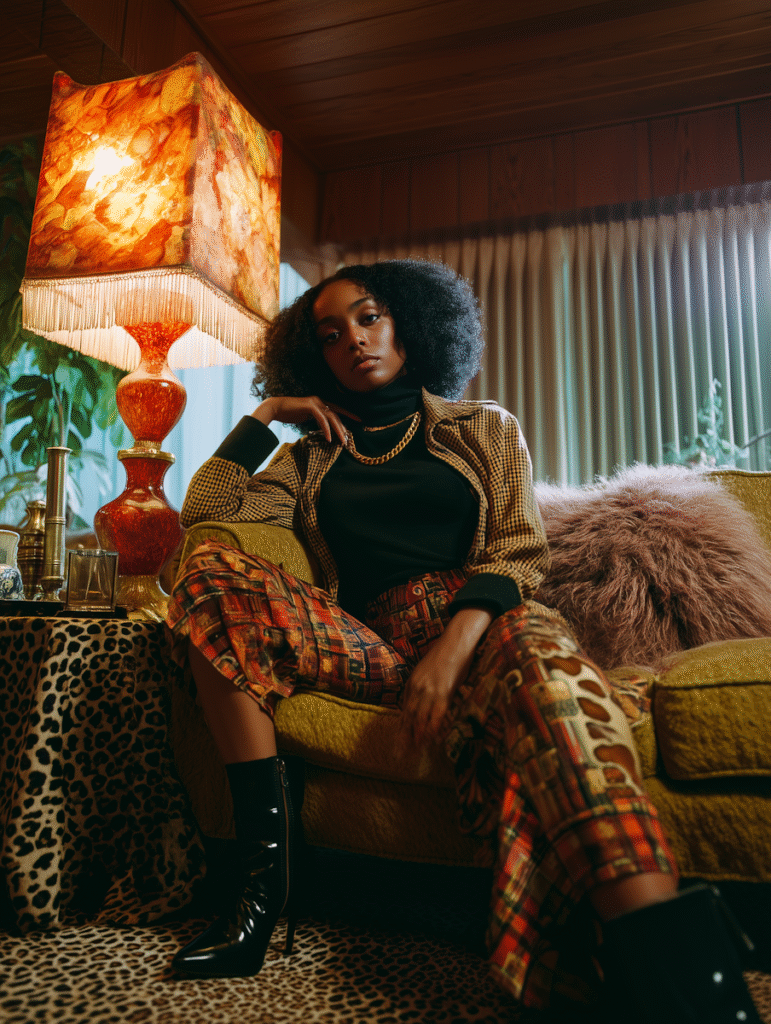
Known as the “denim” of South Africa, Shweshwe is a printed cotton fabric traditionally worn by Xhosa, Sotho, and Tswana women. It’s commonly used for wedding attire, initiation ceremonies, and everyday wear in traditional patterns.
5. Boubou (West Africa)
This majestic flowing robe is worn by both men and women in countries like Senegal, Mali, and Nigeria. It is often worn with elaborate embroidery and symbolizes elegance and dignity.
6. Leso/Kanga (East Africa)
Used as a wrap, dress, or even a baby sling, the Kanga is a printed cotton fabric popular in Kenya, Tanzania, and Uganda. Each piece typically includes a Swahili proverb or message, giving the fabric social and cultural meaning.
Modern Interpretations of Traditional African Fashion Styles
Designers across Africa and the diaspora are blending traditional fabrics with contemporary cuts to create fashion that bridges old and new. From red carpets to fashion weeks, African Fashion Styles are being reimagined in powerful, innovative ways.
- Afrofuturism: Combining African aesthetics with futuristic design and sci-fi themes.
- Sustainable fashion: Many designers now prioritize eco-friendly textiles and ethical production rooted in traditional methods.
- Diaspora influences: African-American and Afro-Caribbean communities also reinterpret traditional garments to celebrate identity and activism.
Cultural Significance of African Fashion Styles
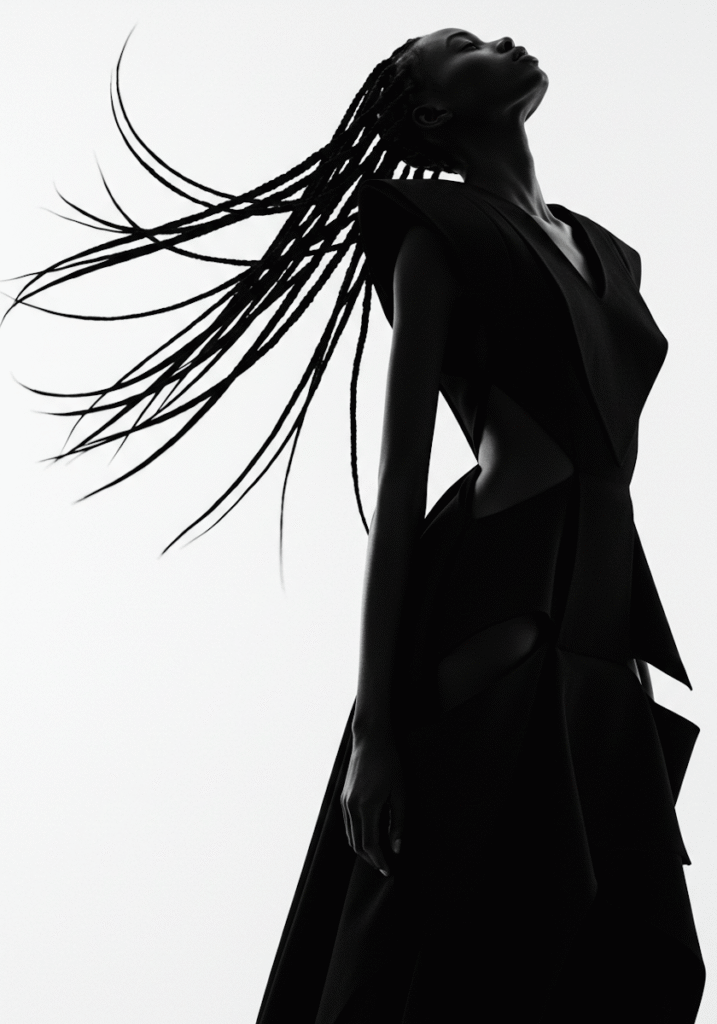
Every element in traditional African fashion has a purpose:
- Colors often represent emotions or status (e.g., gold for royalty, red for strength).
- Patterns can reflect one’s tribe, family, or historical events.
- Accessories like beads, cowrie shells, and headwraps have spiritual or social meanings.
Understanding this context is essential when embracing African Fashion Styles, especially as a sign of respect to the culture it represents.
FAQs About African Fashion Styles
Q1: Can anyone wear traditional African clothing?
A: Yes, but with respect. If you’re not from the culture, take time to understand the garment’s meaning and avoid wearing it inappropriately (e.g., sacred or ceremonial attire).
Q2: What’s the difference between Ankara and Kente?
A: Ankara is printed cotton with bold, modern patterns, widely used across West and Central Africa. Kente, on the other hand, is handwoven with symbolic designs and traditionally associated with royalty in Ghana.
Q3: Where can I buy authentic African Fashion Styles?
A: Many designers and boutiques across Africa and online specialize in authentic pieces. Look for brands that source ethically and support local artisans.
Q4: Is African fashion only for special occasions?
A: Not at all. While many traditional garments are ceremonial, there are plenty of everyday styles using African fabrics that are casual, comfortable, and fashionable.
Q5: What accessories go well with African outfits?
A: Beaded jewelry, metallic bangles, cowrie shells, and headwraps are great additions. Match your accessories with the color and style of the outfit to maintain a cohesive look.
Final Thoughts
African Fashion Styles are as diverse as the continent itself—bold, expressive, and rich in meaning. By embracing these styles, we celebrate more than fashion; we honor history, community, and artistry. Whether you’re looking to wear Kente at a wedding or style an Ankara jacket for a modern twist, African fashion offers endless inspiration and cultural depth.
Let your wardrobe tell a story—one that connects you to the roots of creativity, heritage, and global pride.

